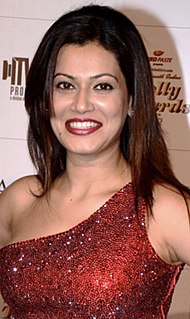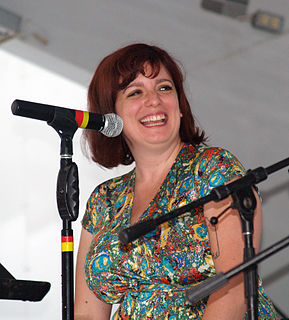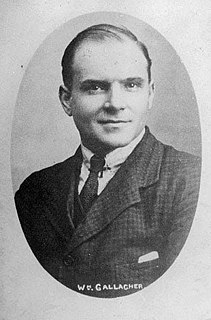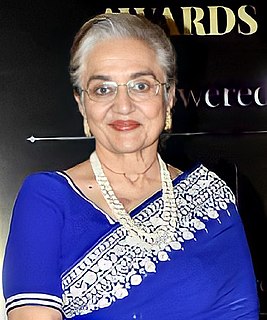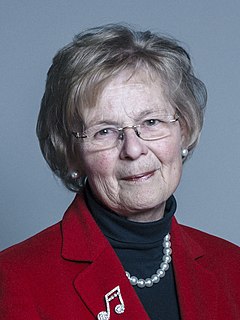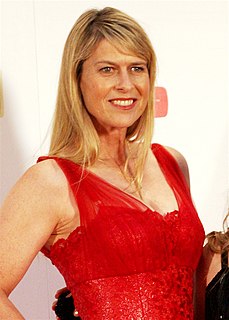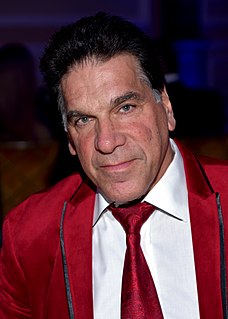A Quote by Laurell K. Hamilton
I didn't want to understand. Bert had been thrilled that the police wanted to put me on retainer. He told me I would gain valuable experience working with the police. All I had gained so far was a wider variety of nightmares.
Related Quotes
I turned down Halloween parties every year, where people wanted zombies raised at the stroke of midnight or some such nonsense. The scarier my reputation got, the more people wanted me to come be scary for them. I'd told Bert I could always go and threaten to shoot all the partygoers, that'd be scary. Bert had not been amused. But he had stopped asking me to do parties.
I was whisked away by the Rajasthan police from Ahmedabad as soon as they realised I had applied for bail. They first put me in a filthy cell in the police station, then took me to jail where I was locked up with five hardcore criminals. It was a nightmare. We had to sleep on the cold floor. That's where one sleeps in jail.
Steven's [Sebring] presence was not threatening; he told me that if I never wanted the footage to be seen by anyone, he would give it to me. So I had nothing to lose and everything to gain, and what I gained was his supportive energy and the supportive energy of his wife, who was sometimes the one schlepping the equipment or doing the sound.
Many White people are not sensitive to the kind of abuse that African Americans, especially younger African Americans, receive at the hands of police officers and police departments. I think for most Whites their experience with the police has been good or neutral because they don't interact with the police as much as those in the Black community.
Helen Crawfurd and the Women's Peace Crusade, made a march on the City Chambers, distributing an illegal leaflet in front of police and even to some of the police as well. The women forced their way into the building and the police had a really tough time trying to get them out. Word spread around that several of them had been arrested and this brought out new and very threatening demonstrations.
I have a letter from a police inspector, retired after some 30 years in rural Derbyshire, alerting me to the potential impact of a total ban on hunting on relationships between the police and the community in rural areas - a particularly significant consideration in current circumstances. Is it, I ask myself, sensible to divert valuable police time to enforce a ban on hunting when they are under so much pressure from violent crime?
You also had in Detroit that summer, an early variation of Ferguson. A black prostitute was shot in the back by police. And all of the efforts that a very progressive police chief and mayor of that period had put into trying to restore race relations started to fall apart again, and you could see that unraveling for several years until the riots or rebellion of 1967.
And I felt more like me than I ever had, as if the years I'd lived so far had formed layers of skin and muscle over myself that others saw as me when the real one had been underneath all along, and I knew writing- even writing badly- had peeled away those layers, and I knew then that if I wanted to stay awake and alive, if I wanted to stay me, I would have to keep writing.

